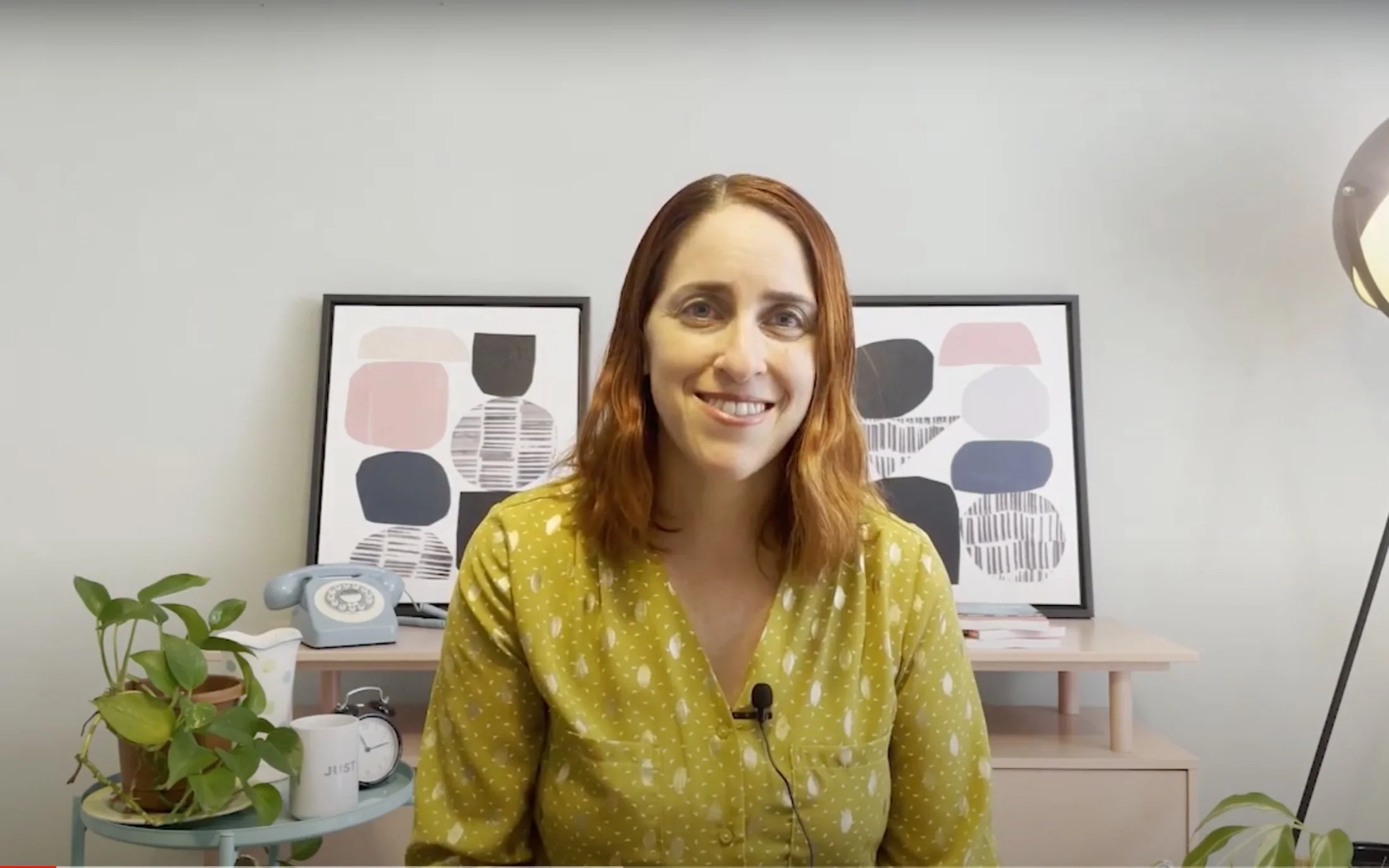One of the top ten skills employers look for in candidates is problem-solving, We all love having problem solvers on our team, right?
But there is a point that the strength of problem-solving can get in your way if you overuse it…
As a Problem solver, you bring results fast; you learn that you are being seen from your actions and your ability to identify gaps and fix them. This is why many problem solvers are being promoted to lead a team. But then they hear from their managers that they need to learn how to delegate, coach, empower their people and especially be more strategic.
The problem with problem-solving is that what worked as team members or individual contributors doesn't work anymore when you lead a team.
You see, the problem with strengths – and not everyone will agree with me (and that's okay) is that sometimes we overuse them. Or we use the strength in the way we always used, and we need to use the strength in a new way.
When we overuse the strength of problem-solving or use it the same way we always used it before the new situation, we get in our way and in our team's way.
Let's look at Jane; she is good at problem-solving; when she sees a problem, her mind goes fast into a fixing mode, people talk, and all she can hear in her head is: "I know how to fix it," or "Okay I heard enough, it is elementary, let me show you how you do it," or "why they keep talking? We could already find a solution if we used other tactics we used before to figure it out."
As a problem solver myself, I know that this strength is being overused, especially when combined with another strength, creativity shows up. When my head is in that creative + problem-solving mode, my brain is so fast that it is tough for me to listen; all I can think is, "why do they keep talking??? Let's talk solution."
When I am in the "Problem-Solving" head-space:
I am not listening well; I will even allow myself to say that I am a terrible listener. I will even allow myself to share that I am not sure I even listen in that mode.
I am so focused on my ideas because I am in the "I know" Mindset that there is no listening or a conversation. There is a "me conversation" my solution.
When we focus on problem-solving and get excited about our ideas too much, it can be challenging to listen to our people.
I can feel it is a waste of time – you see, when I am in a problem-solving mode, my brain goes fast, really fast. In that excitement, keep talking about solutions that can feel boring or not efficient and even a waste of time when we can move to the fixing! Let's make it happen!!
I delegate less – I know how to do it, I did it many times, and others? Teaching them will take so much time, and they have so much on their plate; it might be easier if I just do it… by the way, we do it as parents too.
It is fun to solve problems– Solving problems feels creative and effective; I feel like I get things done. But is it always what I need to do?
The problem with overusing the strength of problem-solving is that we don't coach our people, we don't empower them, and we are so much in the joy of doing, in the weeds, that we miss the big picture. We lack strategy and vision, and our team can feel lost and confused. Moreover, we don't solve the problems we need to solve and feel less focused and less organized.
How can we solve this problem? Use your strength differently and lower the volume on how you did things until now. A new situation requires using your actions and way of being in a new way.
Use your gift of identifying gaps?
Your gift as a problem solver is to see gaps that others don't. So share the gap you identified with your team and then lean back and let them find the solution. Yes, it will require more time, but as the finance people say – there is ROI; The Return on your Investment by leaning back will be that you will empower your team to learn how to find solutions on their own. The more they know how to find solutions on their own, the more time you will have to create your leadership/team vision. You will be more strategic, but you will also feel more focused.
Do they even need you to fix it?
Often, when people come to our office with what seems like problems are not problems. Sometimes they want to vent, and sometimes they think the problem is what they shared, but when you ask more questions, you see the problem is not even what they thought was the problem. Therefore I invite you to start with a simple question – "Is there anything you need following what you just shared with me?" or "Was there any need by sharing this with me?," Many times the answer will be: "No, I just wanted to share, there is no action needed here." So start with identifying the need of your people when they share something with you.
Remember, solving problems will take you far until a certain point, but then if you won't teach others to solve the issues and listen well to how they approach the problem, you will get stuck in the weeds with them.
Problem-solving will always stay your strength – leverage it in a new way and ask yourself how to use problem-solving to be less tactical and more strategic? What do I need to do to show up differently, listen better, and coach others to solve problems on their own? I know you can find the answer that works best for you and your team.
Transcript:
One of the top 10 skills employers look for in candidates is problem-solving. We all love having problem solvers on our team, right? Well, let me show you how the strength of problem-solving can get in your way if you're overusing it. Hey, I am Noa Ronen and I work with leaders, executives, and founders of companies just like you to go beyond. So let's go. As a problem solver, you bring results, and you bring them fast, you see the gap, and you have the ability to act on it. This is why managers love problem solvers. And that's why problem solvers are being seen and being promoted. But when they become leaders, it might get in the way. You see the problem with problem-solving is that it works well when you are a team member. But it can get in your way when you lead a team. And there are two ways it can get in your way if you are overusing the strength of problem-solving. One is listening, and two is delegating. And if you already have the solution as a problem solver, you also know how to get there, you know the way it's not a problem solvers don't like to listen, it's just that when they have a solution in mind, it's very hard for them to listen to other people's ideas. And then what happens is not that you want to control the path, but you can't let go of staying in the weeds with your people to get to the solution you want to see. And that's when I find that problem solvers find it very hard to let go and move from being tactical to strategic planners. So what can you do differently to leverage your strength of problem-solving? One, to be a better listener, rather than giving the solutions, tell your team, "What are the gaps you identify?" You're really good at identifying gaps and inviting them to bring the solution. Yes, it might not be your solution. But you will learn that even though it's different than your way, it still gets you forward and bring progress just differently. Two when you let go of your solution, you allow people to take ownership of their solution and find their way to get there. The more you allow people to find their way towards their solution, the less you need to be in the weeds. And the more time you will have to be strategic. I'm not telling you to stop using your strength of problem-solving. All I'm telling you is to use it in a way that you can be less tactical and more strategic. And as a problem solver, you know how to take that beyond. Thanks for watching. If you like this video and want to go beyond with your leadership, make sure to subscribe for more.

